Working with ActiveRecord Callbacks
This post should be subtitled “And how not to waste one of YOUR afternoons because of them.”
As the documentation describes, there are a total of 18 “normal” callbacks defined by ActiveRecord that allow you to manage the lifecycle of your objects. For the purpose of this post, I define “normal” as callbacks that can be implemented in a way other than overriding the named method. There are two more (after_initialize and after_find), but they must be implemented as an overridden method, so my argument here does not apply to them.
The short of it: don’t define your callbacks as explicit methods. In other words, don’t do this:
def after_save # ... end |
OK, so why? The answer boils down to how ActiveRecord executes callbacks and why it may decide to stop running the chain.
Explicit method implementations like this come dead last in the calling order, and since callbacks can return false and stop the execution of further callbacks, your code may never be executed. This can come as a complete surprise, because associations might define callbacks. For example, has_one defines an after_save callback that will try to save the associated model if you just saved a new record or if the associated model is a new record. If for some reason that associated model isn’t valid, the return value is false and ActiveRecord kills the chain of callbacks. Perhaps you have an after_save method explicitly defined that would fix this problem? It won’t be called, no exception is raised and you’ll spend a couple of hours reading ActiveRecord code to piece things together.
The ActiveRecord::Callbacks documentation explains most of this, but in bits and pieces and never in a way that makes it clear to how to best avoid trouble. Here are my new rules of the road:
- Declare callbacks either as symbols to method names (not named after their callback), inline blocks, strings (for eval) or completely separate objects.
- Declare them very early in your model, but especially before associations. Associations may declare their own callbacks and you probably want yours to run first.

great to see a mega “from the front lines” post like this.
Thanks for explaining this! 🙂